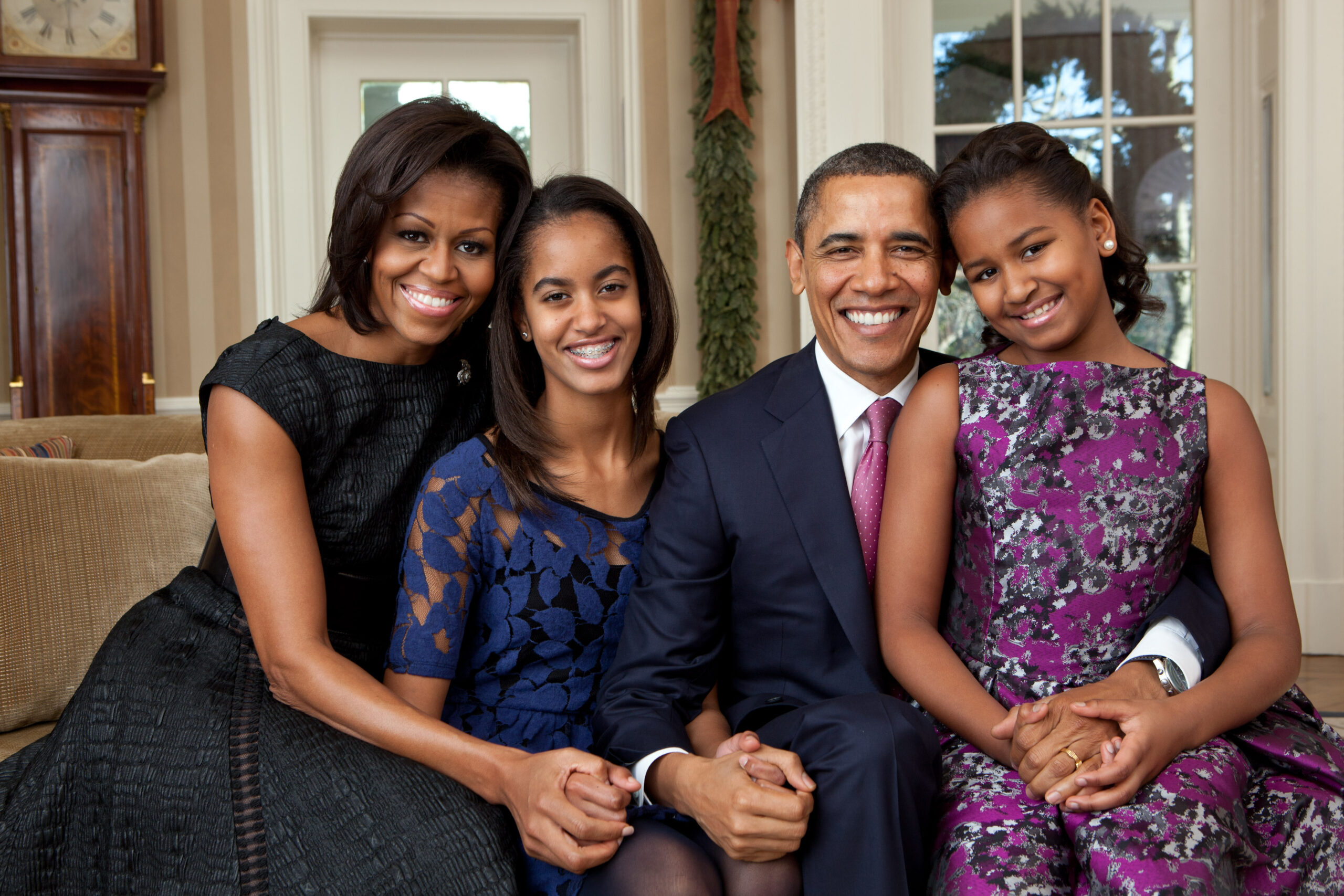At Polished Pebbles we strive to teach our girls to fierce leaders by teaching them the skills of communication and professionalism. We hope to impart in them the belief that they are strong and capable. On September 19, President Obama echoed these thoughts. He brought national attention to the challenges faced by black woman and girls at the Congressional Black Caucus 45th Annual Phoenix Award Dinner.
Black women were central in the fight for women’s rights, from suffrage to the feminist movement and yet despite their leadership, too often they were also marginalized. But they didn’t give up, they didn’t let up. They were too fierce for that. Black women have always understood the words of Pauli Murray — that “Hope is a song in a weary throat.”
We have shared with you the astonishing truths in our society that are confining our black girls. From sex trafficking to school discipline, our girls are in danger in their very communities. Even now, black women make 64 cents to a dollar compared to white men (white woman are 77 cents to the dollar). Kelly Fair believes more research, media, and communities need to focus on young, African-American women. And so does President Obama. Potus and Polished Pebbles are urging our society to not ignore black women any longer, to recognize they are being hurt by institutions and systems in the United States, and to teach our black girls that they are intelligent and successful.
He leaves us with this beautiful, powerful message:
So we all have to be louder than the voices that are telling our girls they’re not good enough, that they’ve got to look a certain way, or they’ve got to act a certain way, or set their goals at a certain level. We’ve got to affirm their sense of self-worth, and make them feel visible and beautiful, and understood and loved.
Watch President Obama’s speech here:
[youtube https://www.youtube.com/watch?v=0JvaLQtm6E0&w=560&h=315]




